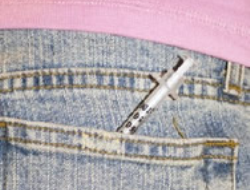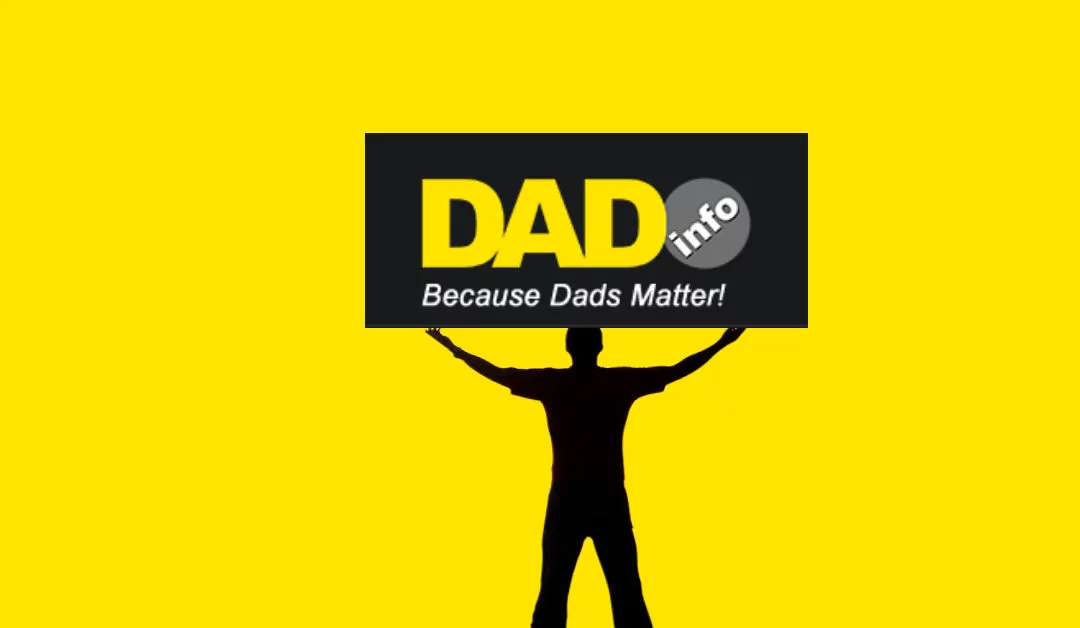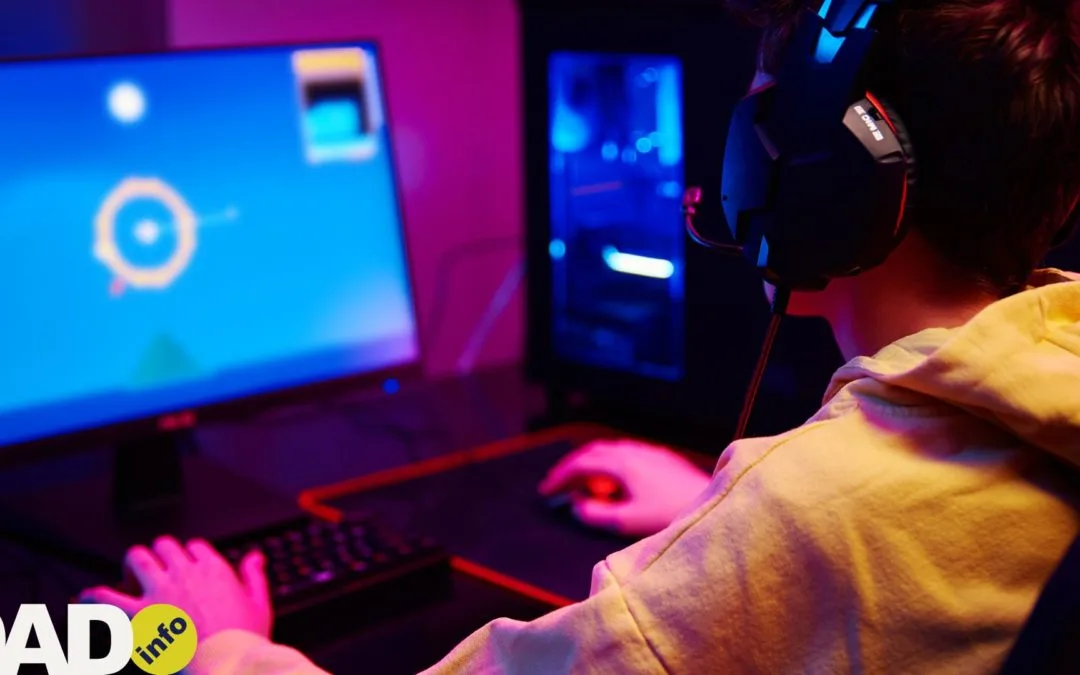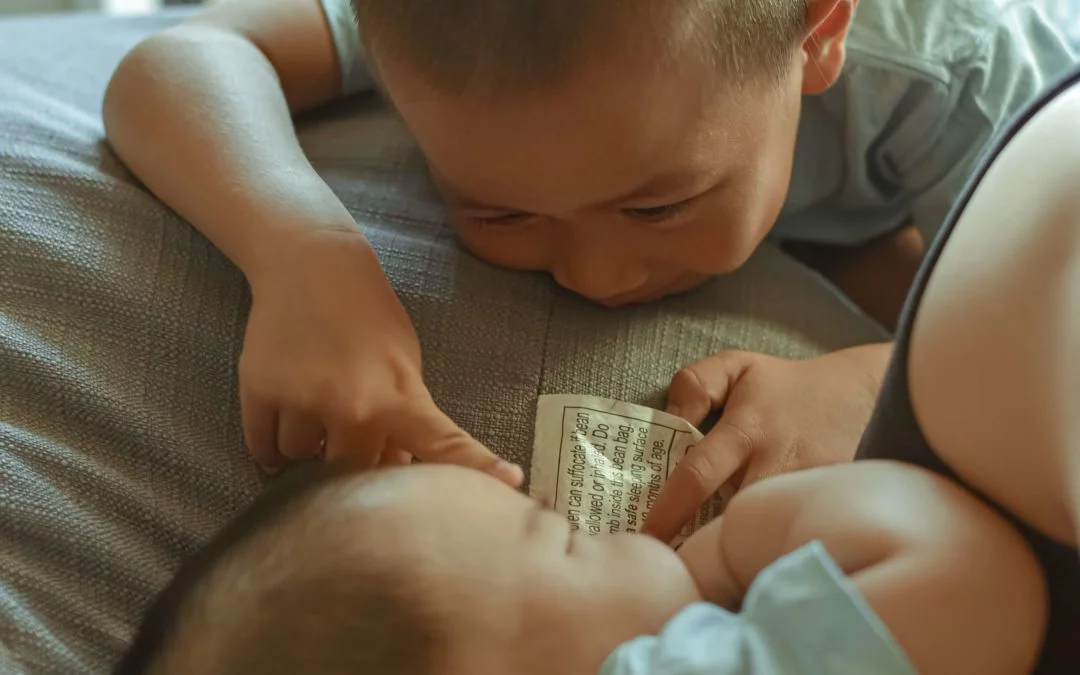 It is typical for young people to believe they are invincible. They often lack the maturity to link drug use to deterioration in their own health.
It is typical for young people to believe they are invincible. They often lack the maturity to link drug use to deterioration in their own health.
Hallucinogenic drugs i.e. cannabis, ketamine, L.S.D., and magic mushrooms, affect the function of the mind therefore users may experience paranoia. In a number of cases this may subsequently cause mental health problems.
Anabolic steroids are illegally used in sport, to build muscle bulk and strength. They may cause a user to become irritable, aggressive and to exhibit violent behaviour. Prolonged use can also result in clear signs of mental illness. There is a risk of prosecution.
“Substance use and sexual activity is a common and potentially lethal combination. Teens who use alcohol and drugs are more likely to have had sex at younger ages and with more partners; individuals who abuse alcohol and drugs have higher rates of sexually transmitted diseases… Alcohol is a frequent companion to date rape.”
(The National Center on Addiction and Substance Abuse – Columbia University USA)
Prison sentences for possession and/or supply of drugs range from two years to ‘Life time’ imprisonment depending upon the classification.
Statistics – Drug use
- 43% of teenagers think smoking is part of growing up.
- 50% of all young people who smoke have tried illegal drugs compared with 2% of young people who do not smoke. (Hope UK)
- Solvent abuse has killed 5 times more people than cocaine, ecstasy and speed put together.
- “About half of 15 – 16 year olds have tried an illegal drug… which means that half haven’t. So you could say there is a fifty-fifty chance of your child never even trying drugs” (Parents’ Guide to Drugs, Addiction)
Why do people use drugs?
“People don’t use drugs only because they are having problems. Some use them for the same reasons they use alcohol”
- They enjoy the short-term effects
- Their friends have tried them or use them
- They want the same kind of experience that they get from drinking a lot of alcohol
- They are curious about the effects
- The drugs are easily available
- As part of growing up, they might want to ‘break the rules’
- Because they are bored.
“This doesn’t mean that they will become drug addicts or seriously damage their health, although some young people do die from strong adverse reactions. However, taking drugs can become a habit. Some people depend on them just to cope with normal life. Their drug use is likely to have a serious effect on their physical and mental health. Many addicts also resort to theft and burglary to get enough money to pay for drugs and consequently get into trouble with the law.” (Mind body and soul – wired for health)
Your attitude
- Examine your own attitude and habits concerning drugs, alcohol and tobacco. Can you justify them? Are you setting a positive example? In light of this, find an appropriate way to talk with your children about drugs.
- If your children open a conversation regarding drugs, give them your full attention. If they don’t initiate discussion, devise your own ways to bring the topic into conversation, perhaps following a feature in a documentary, news item, or soap programme on television.
- Ensure your children are well practised in the art of choosing for themselves. This will help them make up their own minds when they have to make a big decision. Decide now what steps you will take to do this.
Drug education
- Find out what is being taught in your child’s school (and/or youth group if relevant) regarding drugs.
- Are you happy with the approach and content?
- How can you follow up this message at home?
- Decide now what action you will take to achieve this.
Parental reaction
- Consider how you might react if you discovered your child;
- had been offered drugs which they refused,
- had been offered drugs which they had accepted,
- was/is an occasional drug user, or
- was/is a regular drug user.
Positive action
- Drug use may be linked to low self-esteem. How can you create an environment in your family that fosters high self-esteem? Assess how often members of the family praise, encourage and express approval and acceptance of each other. Bear in mind it takes three positive expressions to offset a single negative one.
- Consider together with your child techniques for saying ‘No’ to drugs whilst still maintaining their “street cred.” Encourage them to practise these skills. They may need the same ability to combat peer pressure regarding alcohol, cigarettes, early sexual encounter, irresponsible behaviour etc.
- It is really important that your children believe you trust them. From time to time talk (DON’T LECTURE!) about safety and encourage responsible, independent behaviour. Be able to express disappointment appropriately, if that trust is broken.








